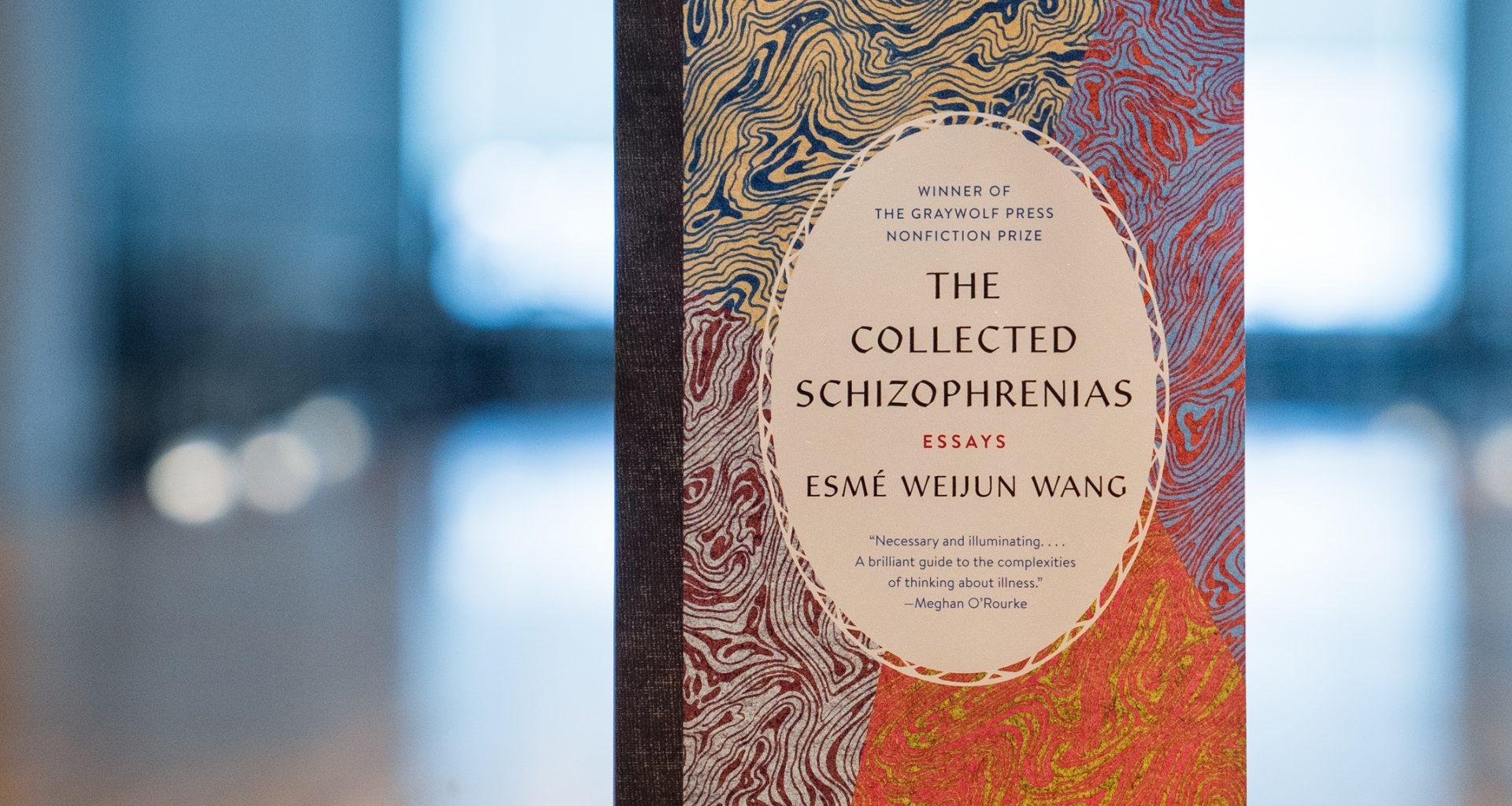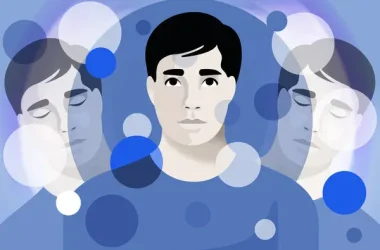Esmé Weijun Wang The Collected Schizophrenias presents a body of essays by Taiwanese-American author Esmé Weijun Wang that take you through her experience of living with a chronic psychosocial disability. The book won the Graywolf Press Nonfiction Prize and the Whiting Award for Nonfiction. At the very outset, through the title of the book, Wang asserts the need to see schizophrenia as a range of psychotic disorders, rather than a single, static, monolithic entity, and ties in socio-cultural, religious and clinical perspectives around the same. Even with the improvement in mental health advocacy and the increasing push for change in mental health public discourse today, schizophrenia is, as Wang puts it, still seen as “confusing, off-putting, nonsensical, unpredictable, inexplicable, and just plain bad”.
The book holds relevance in the context of the user-survivor movement and establishes the importance of experiential knowledge. The user-survivor movement that began in the 1970s continues to witness patient groups (calling themselves survivors of mental health institutions) speaking up against the human rights violations in mental health institutions. The movement aims to question the power imbalance between ‘expert-driven’ knowledge that has ‘scientific’ backing and the voice of the mad that has historically been invisibilised in the mental health discourse. It seeks to reframe existing narratives that infantilise persons living with psychosocial disabilities, thereby reclaiming their experiences as valid sources of knowledge. There is an inherent danger in this power imbalance that extends beyond just the doctor-patient interaction. This ‘expert opinion’ becomes a lens through which we, even as laypeople, view persons with psychosocial disabilities, within the narrow parameters of ‘creative genius’, ‘violent’, or completely lacking any insight or function.
Wang’s book also urges us to rethink concepts of diagnosis, illness, and recovery in all their nuances and complexities. Wang does not shy away from talking about her social location that comes with immense privilege of having worked as a researcher in a psychology lab, which meant she had access to academic spaces like Yale and Stanford and was able to afford treatment from mental health professionals. However, she is unapologetic in her critique of the mental health sciences by destabilising the ‘scientific’ underpinnings of the Diagnostic and Statistical Manual for Mental Disorders (DSM) or “the heavy purple bible-o’-madness”, as she calls it.
“I tell myself that if I must live with a slippery mind, I want to know how to tether it too.”
Esmé Weijun Wang
Amidst the lucidity in Wang’s words, there are also glimpses of struggle in talking about instances that completely robbed her of her agency and her insight into her own life and illness.
Her narrative takes us through her life as she went from being diagnosed with schizoaffective disorder years after a diagnosis of bipolar disorder, her agreements and disagreements with mental health professionals, and her experiences with medication. It also journeys through her time at Yale, her failure to get readmitted to the university after voluntary medical leave, her late-stage diagnosis of Lyme’s disease, and her understanding of recovery that goes beyond her dealings with the psychiatric system. Her narrative is testimony to how rich, detailed, and complex illness narratives often are, as they are gathered through years of personal experience, as various diagnoses are thrown at you in a world that sees the labels before the person.
Wang doesn’t romanticise the extent of her distress but admits that her diagnosis has become an undeniable part of her identity. While she is well aware of how her diagnosis influences the way she views the world and the way she views herself, she adds:
A diagnosis is comforting because it provides a framework – a community, a lineage – and, if luck is afoot, a treatment or cure. A diagnosis says that I am crazy, but in a particular way.
These words also throw light on the sense of legitimacy a diagnosis can provide. While schizophrenia as a whole is a “gloomy and unpleasant” diagnosis to receive, Wang confesses that the label of ‘high-functioning’, which was applied to her on account of signifiers like being in a long-term relationship and being an entrepreneur and a ‘cooperative patient’, made her more socially desirable in the eyes of medical professionals – a step above other patients with schizophrenia in the treatment facility. Interestingly, this idea of ‘functionality’ is often seen as a binary to mental distress, especially in a capitalistic society that rewards productivity.
Lastly, my favourite part of the book deals with the idea of recovery. Wang weaves her narrative of diagnosis and recovery like a slow piecing together of a complex puzzle. Finding answers to questions about her own recovery did not stop at her engagement with the mental health system; she also found solace, healing and answers to many of her questions through the sacred arts.
In line with a recovery-oriented approach to mental health practice, Wang’s idea of recovery does not stop at ‘treatment’; it includes glimpses of gratitude, hope and her ability to negotiate her sense of agency. Wang’s narrative demonstrates that like diagnosis, recovery doesn’t fit in a neatly wrapped box either. She makes it clear that her story of living with the schizophrenias is anything but linear; the self and the pathology sometimes intersect and sometimes overlap just like the appearance and dissipation of symptoms. Fully aware of this ‘nonlinearity confusion’ by the end of the book, you cannot help but cheer her on as you lap up her moments of clarity and coherence.
Note: The book has mentions of suicidal ideation and sexual abuse.
Lorelle completed an MA in Social Work in Mental Health from TISS (Mumbai) in 2017 and has been working in the education space since. Her research interests include mental health, culture and gender studies.




